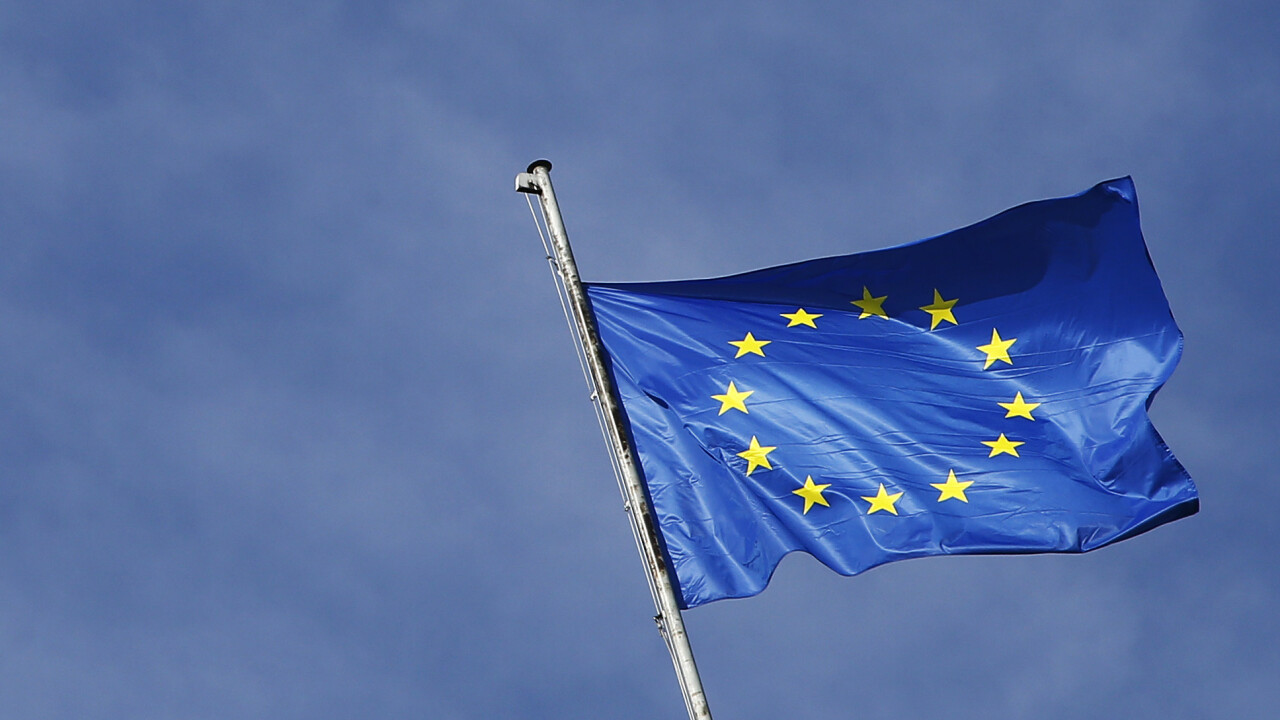
First Europe moved to slash the pricing of mobile phone roaming costs across the continent. Then calls were made to abolish mobile roaming costs completely, with a view towards “safeguarding citizens’ right to access an open Internet.” Today that vision has become a reality.
Neelie Kroes has been one of the main drivers behind this reform, with the outspoken European Commission VP a strong proponent if a single ICT and telecoms market, previously saying she would “fight with my last breath to get us there together.”
Perhaps the most significant nugget from today’s news is that the European Parliament has now voted to banish roaming charges by Christmas 2015. This headline-grabber constitutes part of the broader move towards the “Connected Continent” that would be created by a single telecoms market.
Net neutrality
“This vote is the EU delivering for citizens,” said Kroes. “This is what the EU is all about – getting rid of barriers to make life easier and less expensive. I am so pleased that we are now just one step from ending roaming charges and delivering net neutrality for all Europeans. This is an historic day for the open Internet.”
The finer nuances of the net neutrality law have yet to be ratified, with the ‘final’ agreement around the regulations expected by the end of 2014. Indeed, there is still some scope for workarounds here from the myriad of network operators across the EU, as we reported a few weeks back, whereby service providers could potentially prioritize certain types of traffic as long as it doesn’t degrade access to other rival services.
Monetizing over-the-top (OTT) traffic via so-called “specialized services” that get special treatment has received a little clarification with today’s vote, however, with the definition given as:
“A distinct capacity, cannot be mistaken for Internet, no replacement of Internet services by specialised services.”
In other words, an ISP can’t reclassify Amazon Instant Video or Netflix as a service other than Internet to bypass these new net neutrality laws. It’s a pretty solid advance for the Internet in Europe, one that will ensure providers can’t slow down or otherwise degrade the speed of an Internet connection on a whim. The European Parliament is being very clear about this: the Internet cannot be affected by specialised services.
While there could still be some twists and turns with the finer details still to be ironed out, for now all the focus will be placed on this: no more roaming charges in Europe from 15 December, 2015. Though this is still subject to approvals from all member states of the EU.
Similarly, there has been some “reasonable use” provisions built in to this specific legislation to try and prevent someone from procuring a mobile phone plan in a cheaper EU country, and using it exclusively in another. The main focus with this ruling is to ensure that you pay the same for calls, texts and data across the EU, as you do in your home country.
Other nuggets worth mentioning include making it easier to switch contract if you’re unhappy with your service, while contract rules will also apply to non-telecoms elements of bundles, such as TV. And there will be no automatic extension of contract terms unless a permanent rolling contract has been agreed with the customer.
“We should know what we are buying, we should not be ripped-off, and we should have the opportunity to change our mind,” said Kroes.
Feature Image Credit – ALEXANDER KLEIN/AFP/GettyImages
Get the TNW newsletter
Get the most important tech news in your inbox each week.





